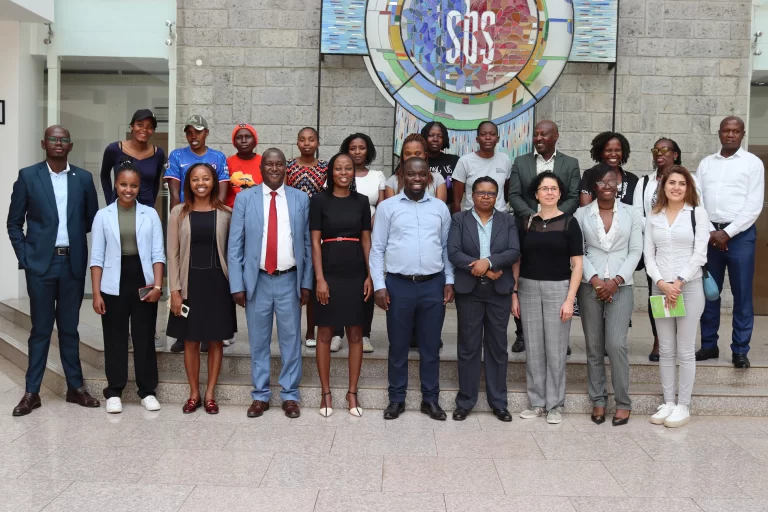
The transition to electric mobility (e-mobility) in Kenya holds transformative potential, not just for reducing emissions, but also for addressing gender inequality.
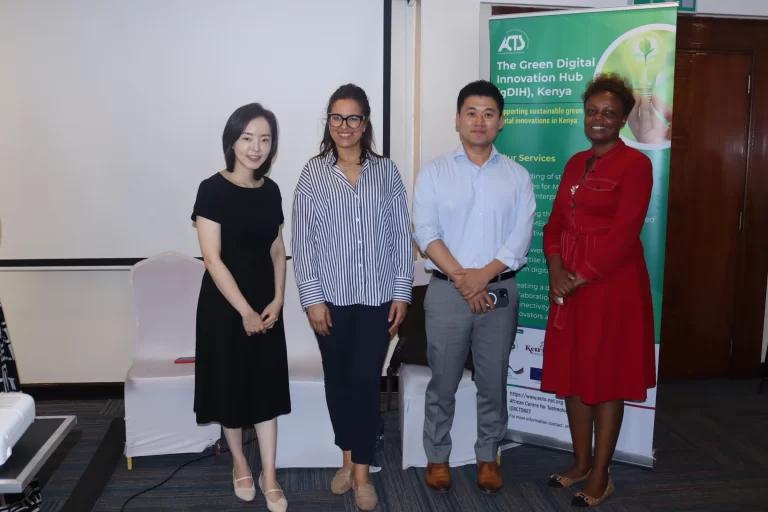
The Green and Digital Innovation Hub (gDIH) is a one-stop-shop that aims to contribute to the digital transformation of Kenyan enterprises while promoting sustainable development, circular economy, environmental protection, and tackling climate change.
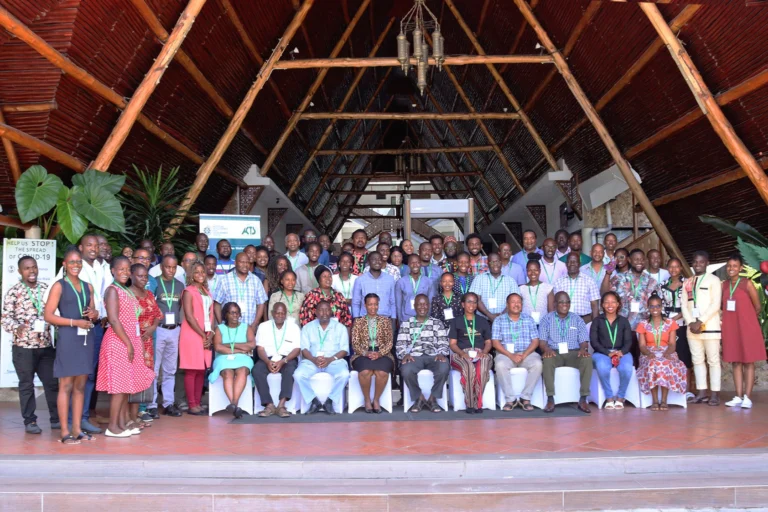
Overview and Purpose of Lacuna Fund supports the creation, expansion, and maintenance of datasets that enable robust and equitable application of machine learning (ML) tools of high social value in low- and middle-income contexts globally.
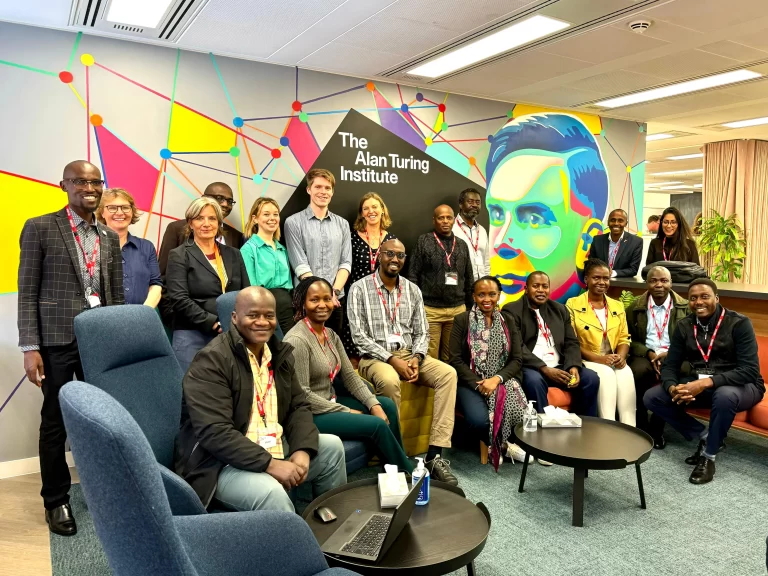
AI research and development is accelerating worldwide, with most activity concentrated in the Global North. Africa risks falling behind in this AI revolution, leading to long-term digital and knowledge illiteracy, particularly for marginalized groups such as women, youth, and people with disabilities.

Involves mentoring of AI developers, within 5 hubs (agriculture, health, education, climate and gender) to scale their solutions responsibly with the support of African Responsible AI and GEDI mentors.
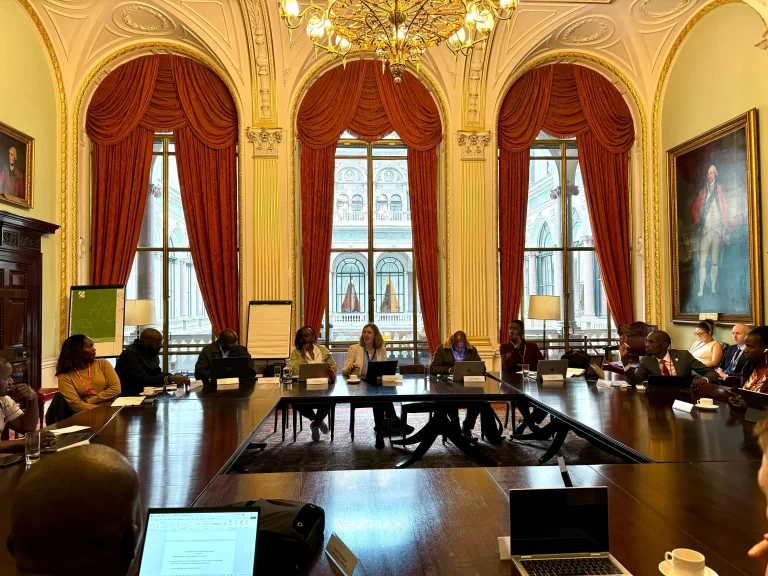
The UK-Kenya AI Challenge Fund is an initiative that brings together leading institutions from the UK and Kenya to address pressing developmental challenges through responsible artificial intelligence (AI) innovation.
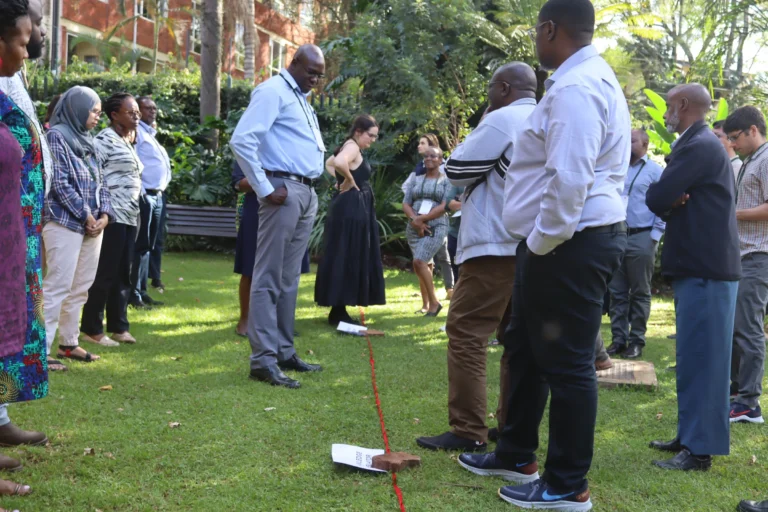
The Climate Adaptation and Resilience (CLARE) research programme is an initiative co-designed and jointly funded by the United Kingdom (UK) Foreign, Commonwealth and Development Office (FCDO) and Canada’s International Development Research Centre (IDRC).
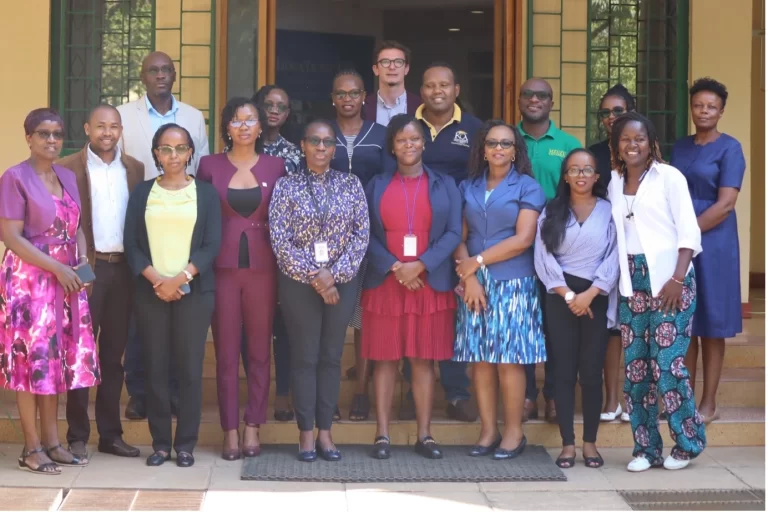
The project aims to foster sustainable development by generating evidence that supports the growth of youth and women-led clean energy enterprises (CEEs) across Sub-Saharan Africa.
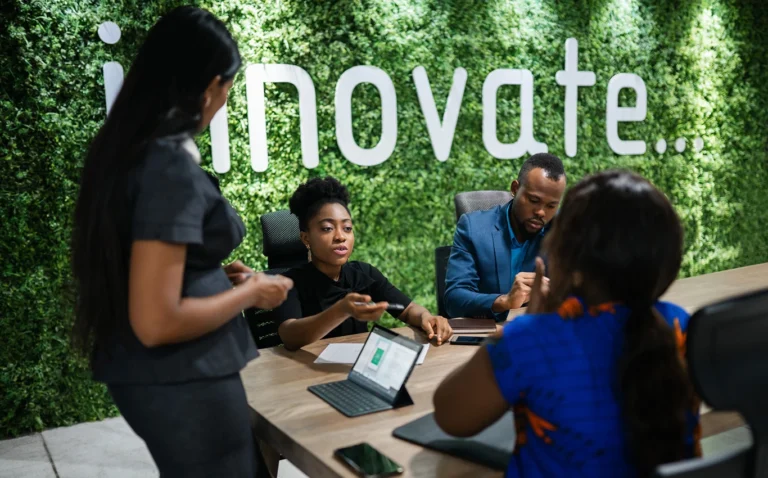
AfricaLics was launched in Dar es Salaam, Tanzania, in March, 2012. The network’s objective is to promote the development of Science Technology and Innovation (STI), promote research capacity in Africa with strong links to users - including policy makers, private sector and communities.

Methodological design is integral to research and similar endeavors in pursuit of new knowledge. And whereas existing methodologies help standardize research approaches, their adoption, application and utility of associated findings vary widely depending on the type of research, discipline, personal preferences, understanding of the methodology and even geographical location.

The African Centre for Technology Studies (ACTS) is implementing the Artificial Intelligence for Development Africa (AI4D) Scholarship Project to foster and nurture talent in responsible Artificial Intelligence (AI) and Machine Learning (ML) in African public universities.

Matching the climate entrepreneur’s needs with masters students’ expertise. Sub-Saharan African countries characterised by high poverty index, growing population, and increased pollution levels pose a significant danger of harsh realities of climate change.
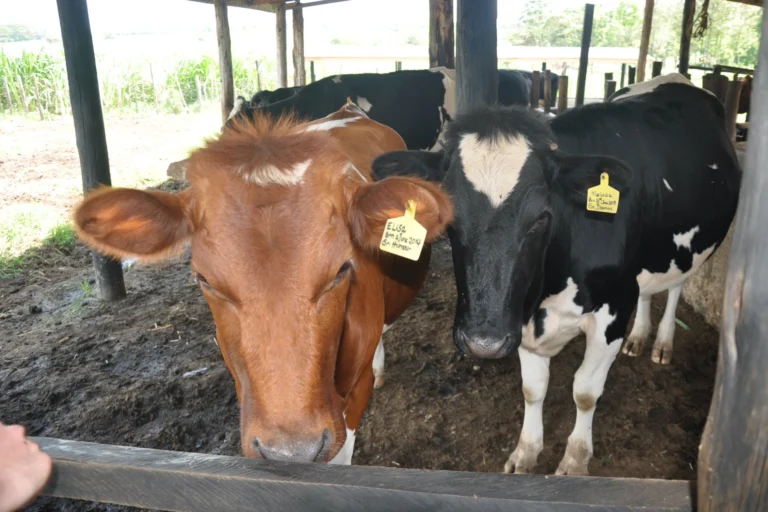
A collaborative research project on the valorisation pathways for sidestreams in the Kenyan dairy industry - from less to more demanding pathways
The Global food system is the single largest driver of environmental change, contributing to 24% of global emissions and consuming 70% of the world’s blue water. At the same time 2 billion people are live with food insecurity.
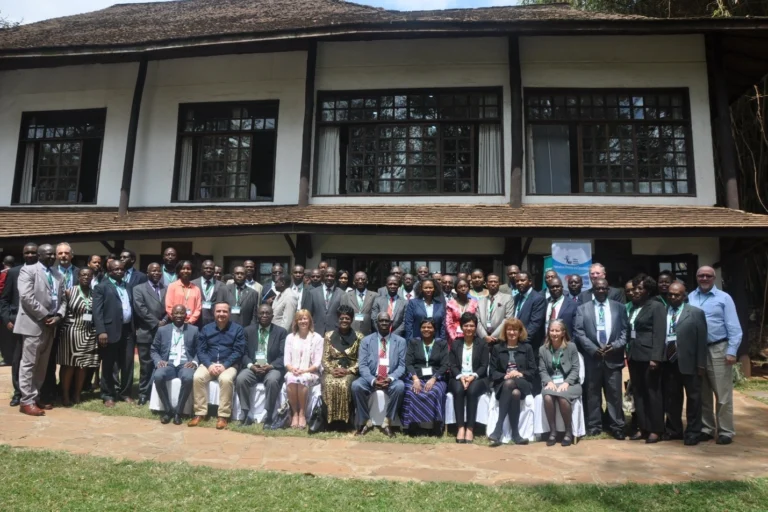
African countries increasingly recognize science, technology, and innovation (STI) as a key driver and enabler for achieving sustainable and inclusive socio-economic development. In view of the importance of STI in catalysing socio-economic development, Science Granting Councils (SGCs) play a critical role in contributing towards effective and efficient functioning of national STI systems in Africa. Funding and managing of research and innovation projects is one of the key functions of SGCs.
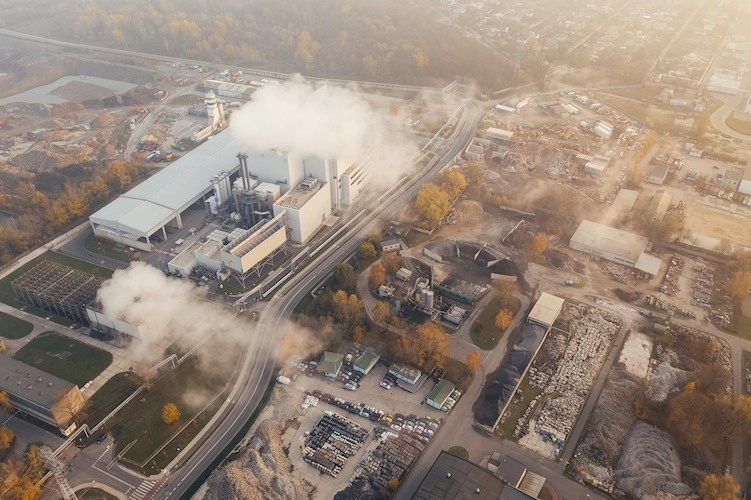
Renewable energy has become a crucial pillar of Kenya's power sector, contributing over 80% of the country's electricity from sources like geothermal, hydro, wind, and solar power in 2021. With an awareness of the untapped potential, the Kenyan government aims to increase renewable electricity generation by 50% between 2021 and 2030 as part of its Least Cost Power Development Plan.

This is a partnership between the African Centre for Technology Studies (ACTS) and the Stockholm Environment Institute (SEI). This project is under the Climate Compatible Growth (CCG) Flexible Research Fund (FRF) that provides research funding to respond to new and emerging research opportunities and demands.
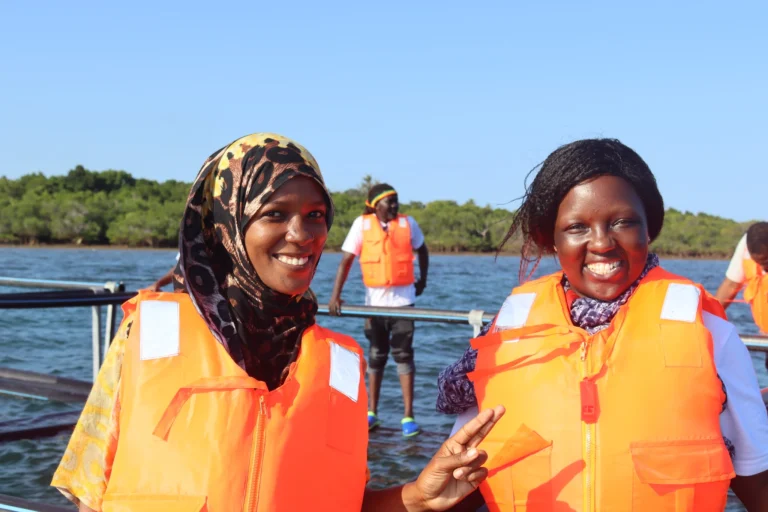
The informal small and medium enterprises (SMEs), irrespective of sectors that drive economic development in many African countries comprise of a significant population of women and youth or employees. This fact makes women and youth more vulnerable to external shocks like the global economic crisis and the impacts of climate change that do not spare this informal sector.

















